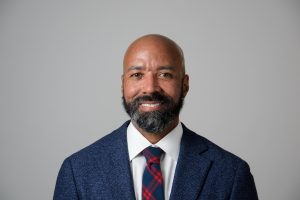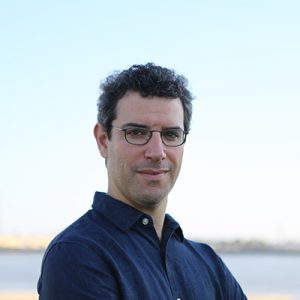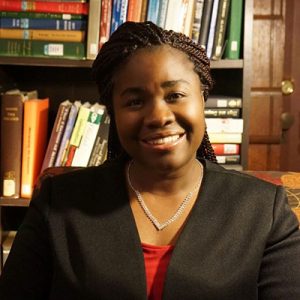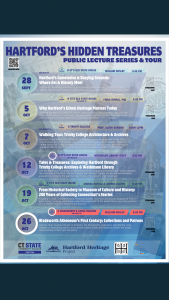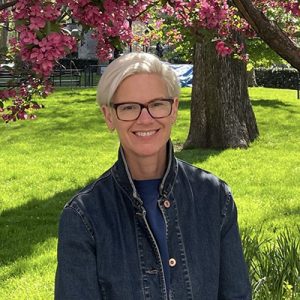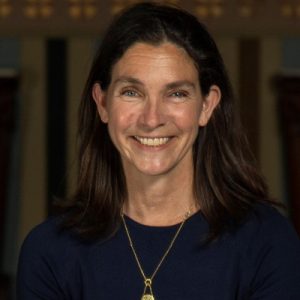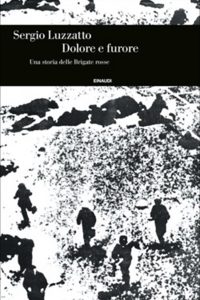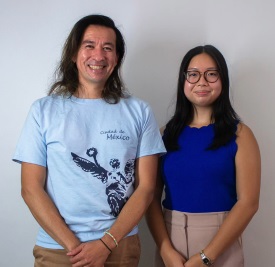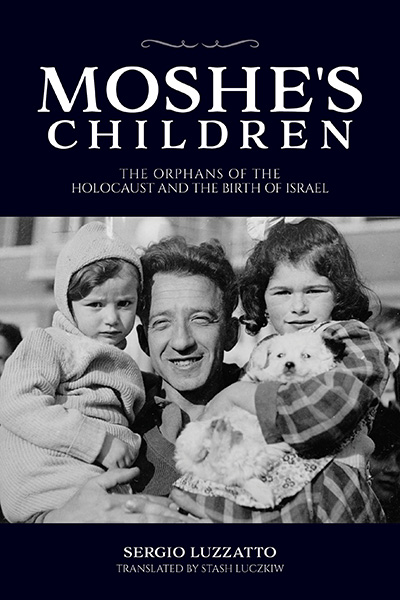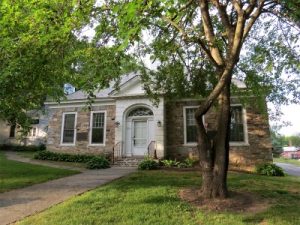 After a recent election, Professor Manisha Sinha is now the president-elect of the Society for Historians of the Early American Republic (SHEAR).
After a recent election, Professor Manisha Sinha is now the president-elect of the Society for Historians of the Early American Republic (SHEAR).
Established in 1977, the Society for Historians of the Early American Republic (SHEAR) is an association of scholars dedicated to exploring the events and the meaning of United States history between 1776 and 1861. SHEAR’s mission is to foster the study of the early republican period among professional historians, students, and the general public. It upholds the highest intellectual standards of the historical profession and encourages the broad diffusion of historical insights through all appropriate channels, including schools, museums, libraries, electronic media, public programming, archives, and publications. SHEAR cherishes a democratic ethos in scholarship and cultivates close, respectful, and productive exchanges between serious scholars at every level of experience and recognition. SHEAR membership is open to all; most members are professional historians employed in colleges, universities, museums, and historical parks and agencies, as well as independent scholars and graduate students.
Elected to the Nominating Committee for 2024-2026 were two department alumni: Antwain K. Hunter, University of North Carolina, Chapel Hill (MA ‘09) and Jessica C. Linker, Northeastern University (PhD ’17).
Congratulations to everyone!
